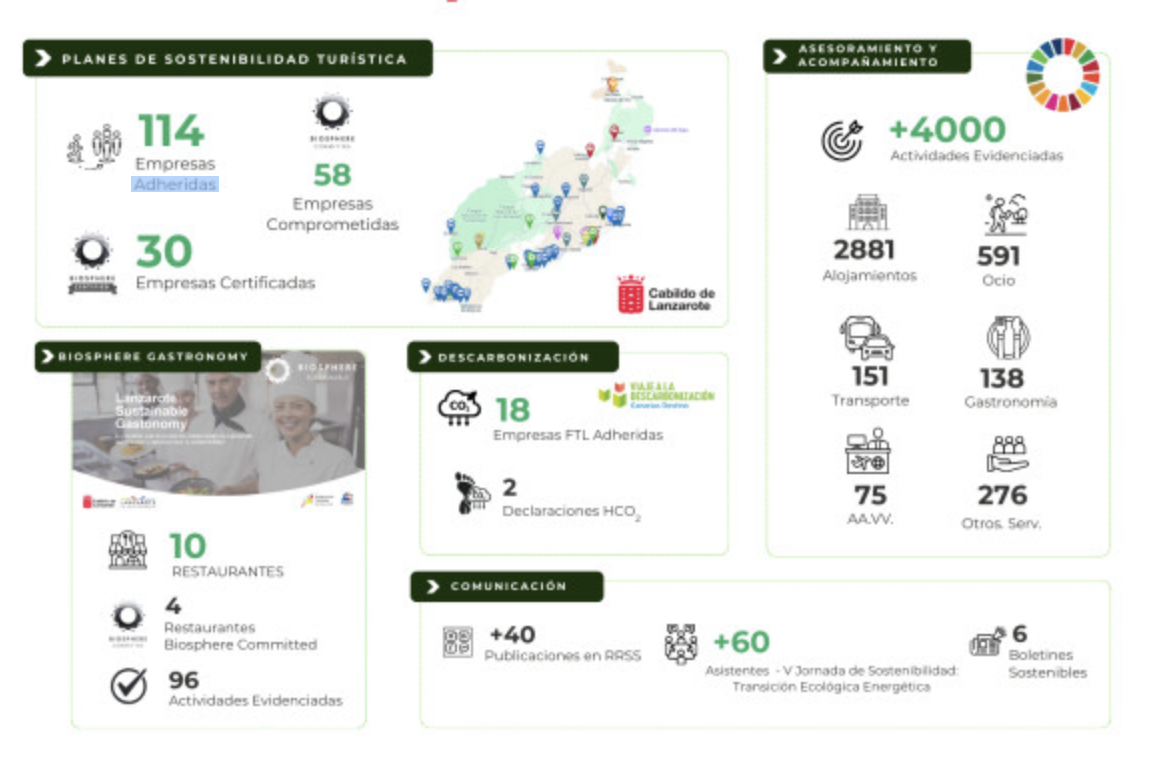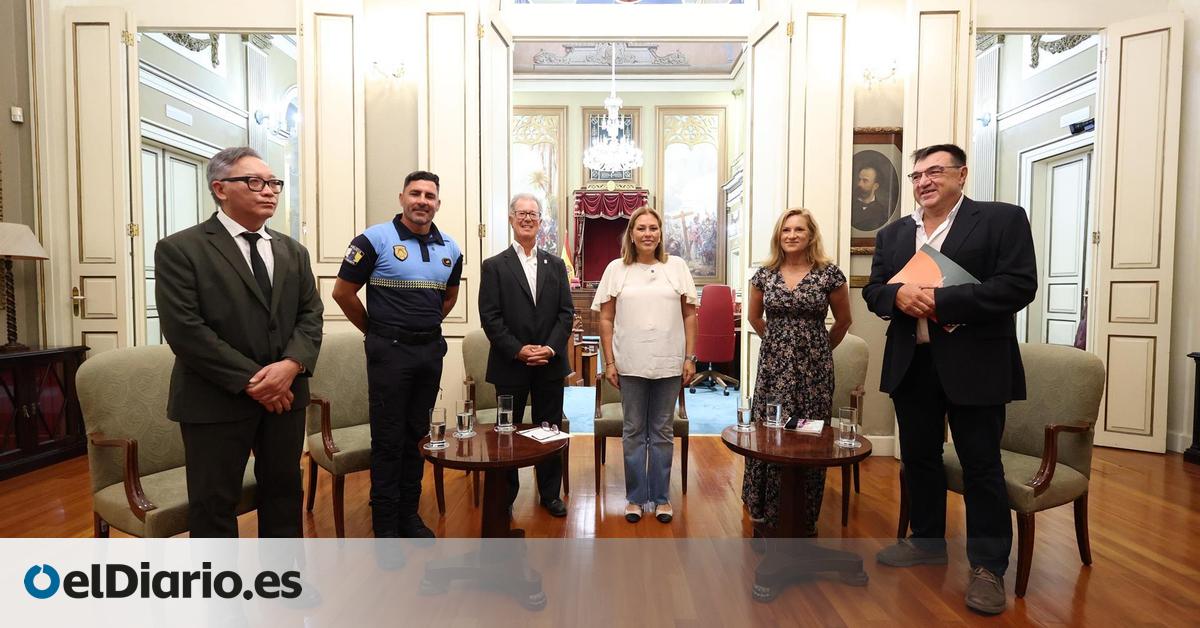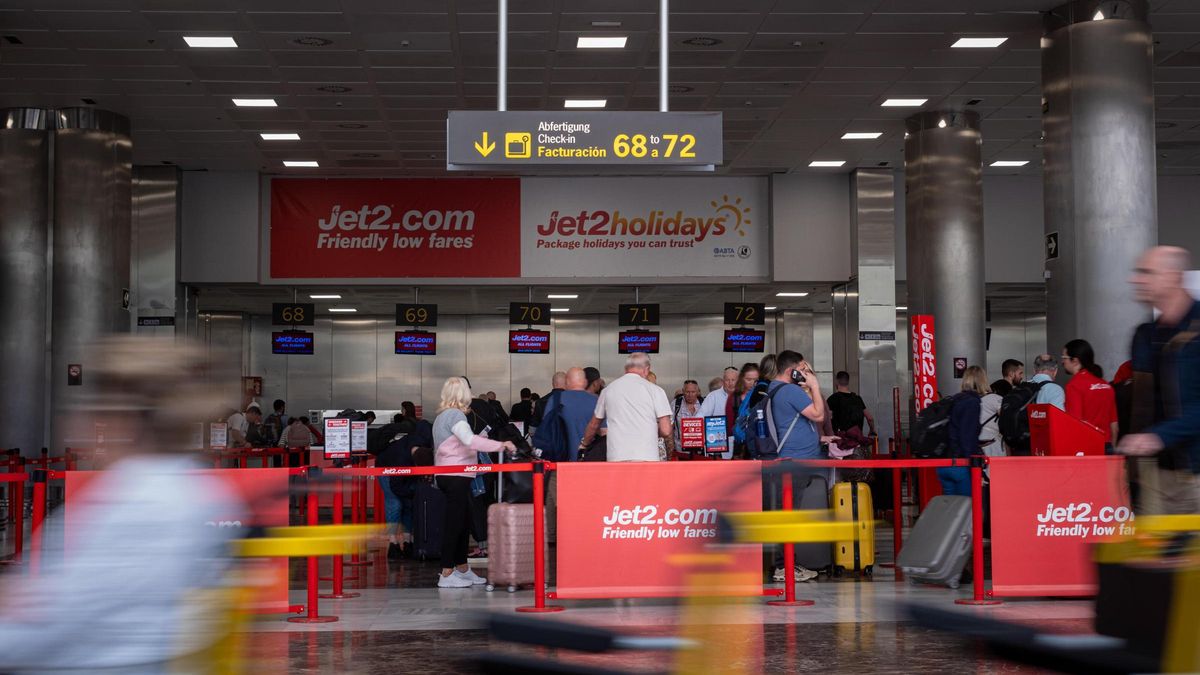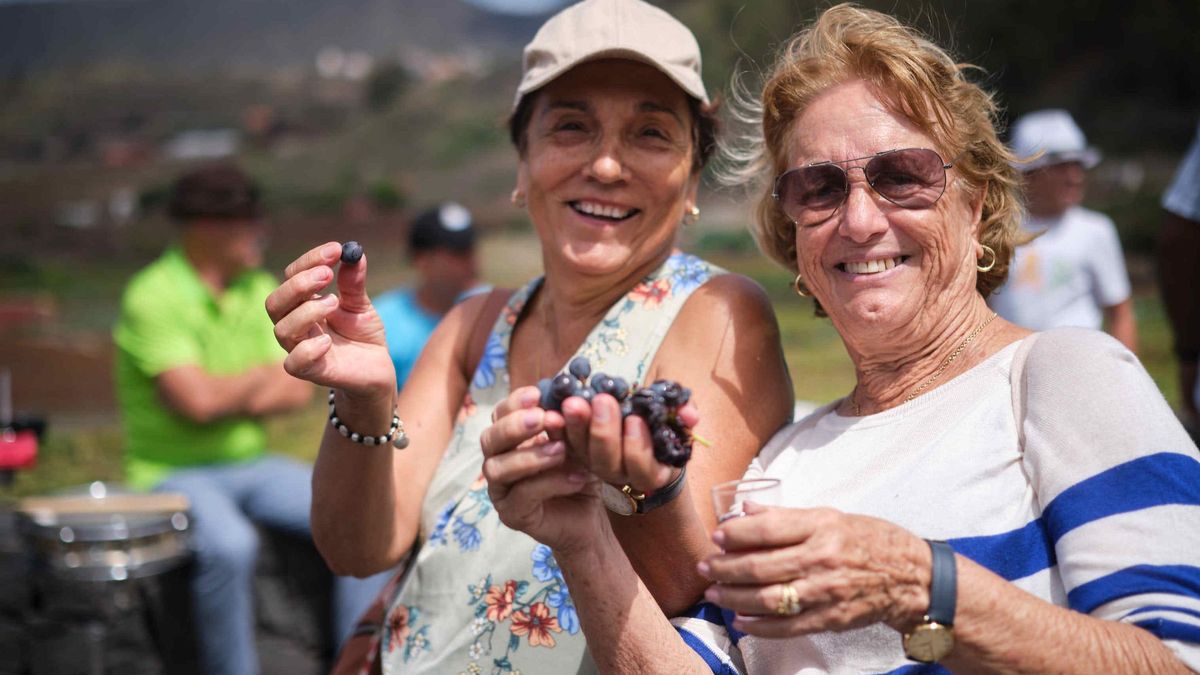Tenerife Advances Towards a Sustainable Transport Model with Record Investment in Mobility
Cabildo Government initially approves the Sustainable Mobility Plan, which will involve an investment of over €5 billion
The Cabildo de Tenerife Government has today (Wednesday) initially approved the Sustainable Mobility Plan for Tenerife, after previously defining the baseline option that sets the course for the project. This is a comprehensive strategy that represents the largest investment in mobility ever made on the island: over €5 billion between 2025 and 2035, with the participation of the Government of the Canary Islands and the State. This was announced by the Cabildo president, Rosa Dávila, alongside the island’s vice president, Lope Afonso, at a press conference following the Cabinet meeting.
“This document constitutes the cornerstone of the Great Pact for Mobility, recently promoted with the formation of its drafting team, and marks the beginning of a profound shift towards a more sustainable, efficient, and consensual transport model for Tenerife,” highlighted the president, who also emphasised that the Mobility Plan is not solely an infrastructure initiative but an integrated strategy aimed at transforming how citizens move around the island. “We are looking at a project that prioritises public transport, reduces traffic congestion, and creates more accessible urban spaces, while promoting road safety and environmental respect.”
Key Objectives of the Sustainable Mobility Plan
The strategy outlined in the Sustainable Mobility Plan for Tenerife aims to end the chronic congestion of major roads and reduce reliance on private cars. Tenerife is one of the islands with the highest motorisation rates worldwide, and this plan seeks to reverse that trend with a fairer, more balanced, and sustainable system.
Infrastructure Improvements
One of the main focuses of the plan is improvements to road infrastructure. A series of interventions has been designed to alleviate congestion on major corridors and address long-standing critical points. For instance, progress is being made on closing the high-capacity insular ring with three key sections: San Juan to Icod, Los Realejos to San Juan, and El Tanque to Santiago del Teide. These strategic sections will ensure a north-south connection without relying solely on the TF-5. Significant enhancements are also planned for the TF-1 and TF-5 routes. Improvements from Erques to Santiago del Teide are on the agenda, and in Adeje, the motorway will be buried to reduce its impact on a densely populated area.
Specific Actions in the Metropolitan Area
In the metropolitan area and the northern part of the island, specific actions will be undertaken, including the BUS-VAO lane with ITS technology between Guamasa and Tenerife North Airport, the TF-5 variant to improve access to the airport, and the reactivation of the connection between the TF-13 and Mesa Mota through the Gorgorana tunnel, which will ease traffic in La Laguna.
Transforming Public Transport
Another major commitment of the plan is the transformation of public transport. The bus network will be completely restructured to better align with the actual schedules and needs of the population, featuring increased frequency, better coordination between lines, and improved connections with interchanges and other modes of transport.
Additionally, the northern and southern railway systems will be reinstated. The southern line will connect Santa Cruz with Adeje, with a potential extension to Fonsalía. The northern train will link Santa Cruz with Los Realejos, with plans to extend to Icod de los Vinos. In its first phase, the southern train will directly connect Costa Adeje with Tenerife South Airport, covering around 30 km in just 25 minutes. This initial section, estimated to cost €800 million, will link crucial areas such as the Port of Los Cristianos and the South Hospital, providing a fast, convenient, and sustainable alternative to the TF-1. Meanwhile, the northern train is in a stage of technical and administrative advancement.
Cultural Developments
In a separate matter concerning Culture, the Insular Government Council today approved the modification of the agreement signed with the City Council of Puerto de la Cruz for the funding of the cultural project known as “El Polvorín”, included in the Cultural Infrastructure Plan 2016–2029. This measure allows for the extension of the execution and justification period of this initiative, with the aim of providing legal certainty and technical viability for the project. The execution deadline will be September 10, 2026, and the justification deadline will be November 10, 2026. This extension will enable the City Council to adequately complete the work and committed supplies, without jeopardising funds or facing administrative non-compliance.














